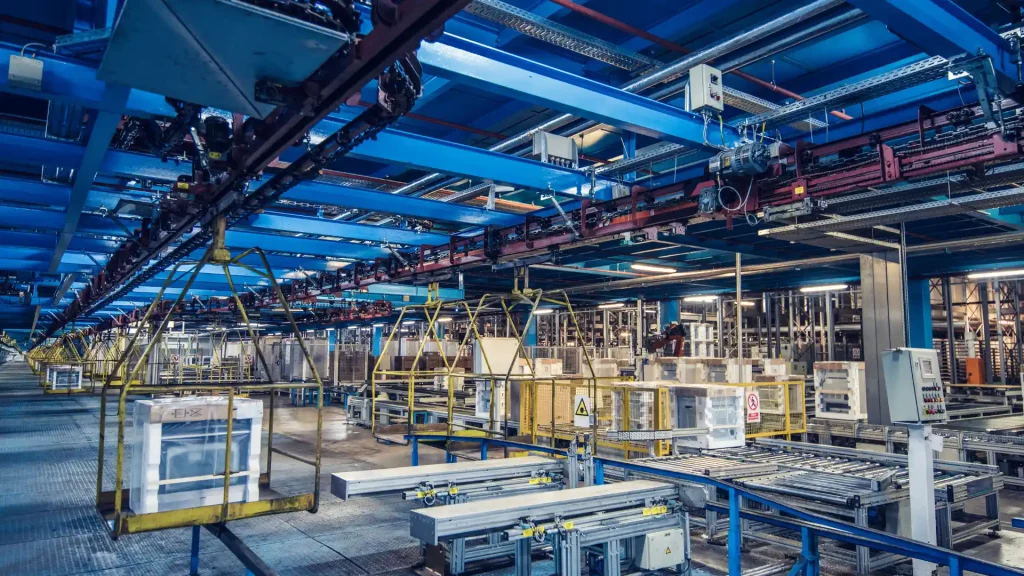According to a recent report by the Council for the Development of Cambodia (CDC), key authorities responsible for facilitating investments include the Ministries of Commerce and Labor, the General Department of Customs and Excise (GDCE), and local authorities.
The Council for the Development of Cambodia (CDC) is working to improve the investment atmosphere in the country. Sun Chanthol, the deputy prime minister and first vice-president of CDC, emphasises the importance of the role of stakeholders in creating an investment-friendly climate to invite both international and domestic investors. This statement is made against the backdrop of the CDC approving around 190 investment projects in the first nine months of this year.
The deputy prime minister made the remarks during a press meeting after his tour of the three special economic zones (SEZs) in Svay Rieng province.
Sun Chanthol also mentioned that the state government and departments are tasked with effective management of and creating an atmosphere that would welcome foreign direct investment (FDI). The responsibilities have been mentioned by the minister to attract and promote investments, provide sustainable support, confirm investor support, and strive for expansion and strengthening of the present economic system.
Cambodia is on an upward trajectory when it comes to attracting investment and fostering economic growth. Notably, this expansion is not limited to the country’s government agencies; it is a collective effort involving various stakeholders, including the Prime Minister. According to a recent report by the Council for the Development of Cambodia (CDC), key authorities responsible for facilitating investments include the Ministries of Commerce and Labor, the General Department of Customs and Excise (GDCE), and local authorities.
The first three quarters of this year witnessed the approval of 191 new investment projects, signaling a considerable increase compared to the same period in 2022 when 132 projects were approved. A substantial portion of these projects, 175 to be precise, found their place in the industrial sector, contributing a total capital investment of $1.8 billion. These investments span a diverse range of sectors, encompassing power distribution networks, steel mills, car tire manufacturing, cement production, agricultural processing, and garment and footwear production. Additionally, travel bag manufacturing, electrical and electronic component production, solar panel production, tourism resort developments, cattle breeding, cardboard manufacturing, furniture production, and packaging materials are among the sectors represented.
Keo Mom, the CEO of Ly Ly Food Industry Co Ltd, a prominent food processing company in Cambodia, expressed her optimism about Cambodia’s appeal as an investment destination. She highlighted the nation’s stable environment, characterized by peace, robust economic growth, and minimal natural disasters, which collectively make it an attractive hub for investments across a multitude of sectors. This stability is regarded as a cornerstone in boosting investor confidence and attracting more capital to the country.
The Cambodian government is actively introducing strategies to further enhance the country’s investment appeal. These strategies include comprehensive training programs designed to develop a skilled workforce capable of meeting the evolving demands of both the local and global labor markets. The belief is that increased investment will lead to higher earnings for the population and consequently expedite national economic growth.
As of the end of 2021, Cambodia had attracted foreign direct investment (FDI) amounting to $41 billion, marking an impressive 11.2% increase from the previous year. This FDI was distributed across various sectors, with finance leading the way at $9.4 billion, followed by manufacturing at $8.5 billion, real estate at $4.9 billion, and hotels and restaurants at $4.4 billion. Other sectors, including agriculture, electricity, and construction, also contributed significantly to the country’s economic growth.
Cambodia’s concerted efforts and stability have been instrumental in boosting investor confidence and fostering economic growth, making it a favourable destination for a wide array of investments.
